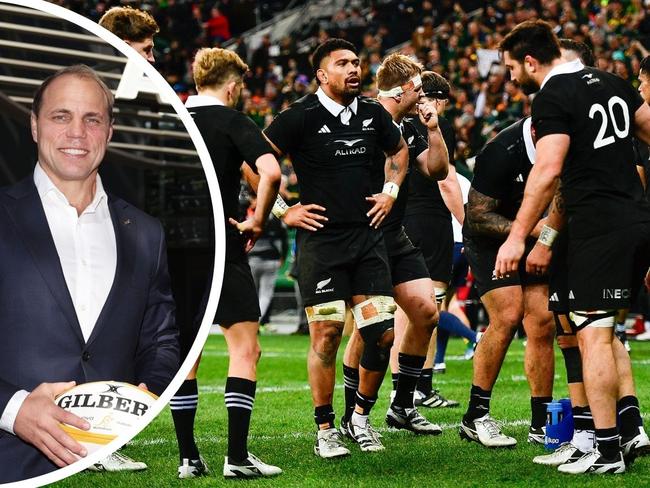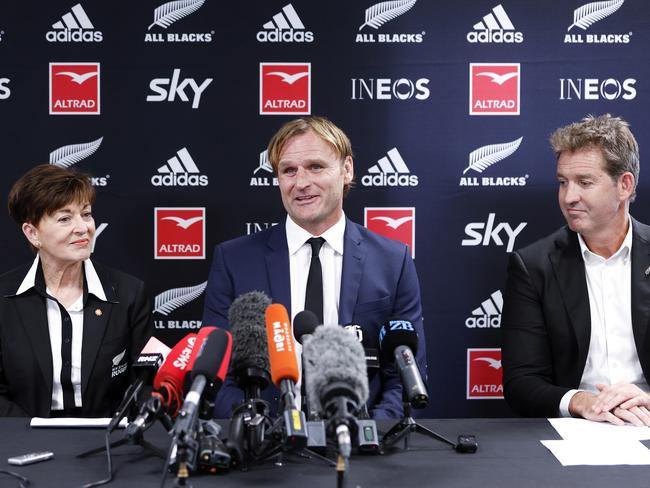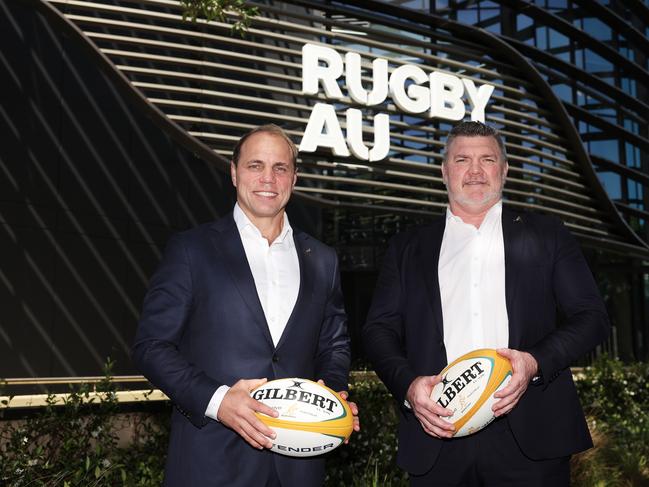Pandaram: NZ Rugby woes prove why Rugby Australia is better off without private investment
New Zealand Rugby earned $244 million by selling a share of its ownership to Silver Lake, and many are now questioning the deal, as our trans-Tasman rivals face a growing financial hole.

They won’t say it publicly, but Rugby Australia officials will be high-fiving each other behind closed doors for not following the same private investment strategy that is now plaguing New Zealand.
Facing crippling debt and an uncertain broadcasting future last year, RA could have jumped at a short-term fix of accepting private equity money in exchange for selling a portion of their rights.
Instead, they chose to take on a larger debt facility, a whopping $80 million through Pacific Equity Partners, backing they’d win big on the British & Irish Lions series this year and the home World Cup in 2027.
That was a bold gamble, but the right move.
Barring catastrophe, RA should clear their debt with profits from the Lions by the end of this year, and then bank an estimated $100 million from the World Cup that will be all their own.
Had PE invested in Australian rugby, they would have been owed millions each year – regardless of if RA made a profit or loss.
New Zealand did go down the PE route through Silver Lake, who now have 7.5 per cent ownership of NZ Rugby in exchange for a $NZ262.5 million ($244 million) investment.

It means NZR must pay Silver Lake $9.7 million every year before they can count their own profits or losses.
This comes amid the loss of the All Blacks’ major sponsor Ineos – who had committed $NZ21 million a year over six years before withdrawing the deal – leading to lawyers reaching a settlement deal.
And now comes suggestions NZ Rugby could lose up to $60 million on their new broadcast deal, which is being negotiated, leaving many to wonder whether the Silver Lake agreement that once seemed a sunset sail has now become an anchor.
RA chairman Daniel Herbert could not possibly comment on whether the Kiwis stuffed up, but did offer a thought on his own backyard.

“We made the decision that was right for us at the time, and I’m very happy we made that decision because we’ve retained 100 per cent ownership with this big platform of events coming our way,” Herbert said.
“What happened in New Zealand, I know they went through a very extensive process to get that over the line.
“It’s not for me to say whether that’s working or not. I just know that I’m glad we made the decision that we did.”




To join the conversation, please log in. Don't have an account? Register
Join the conversation, you are commenting as Logout